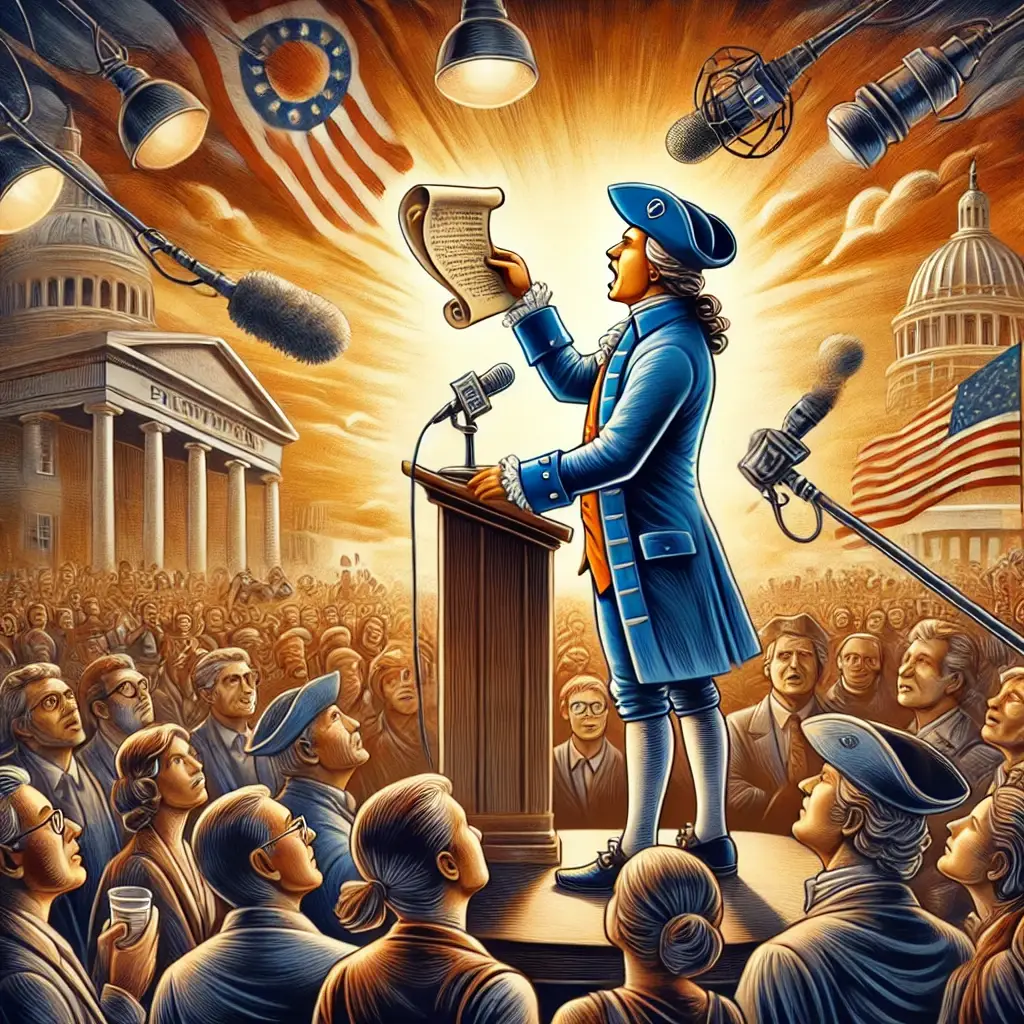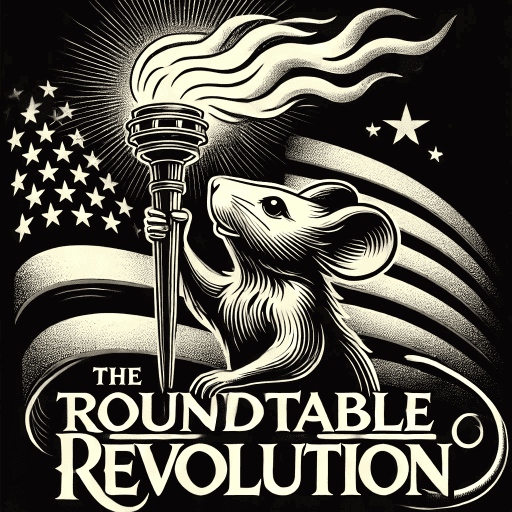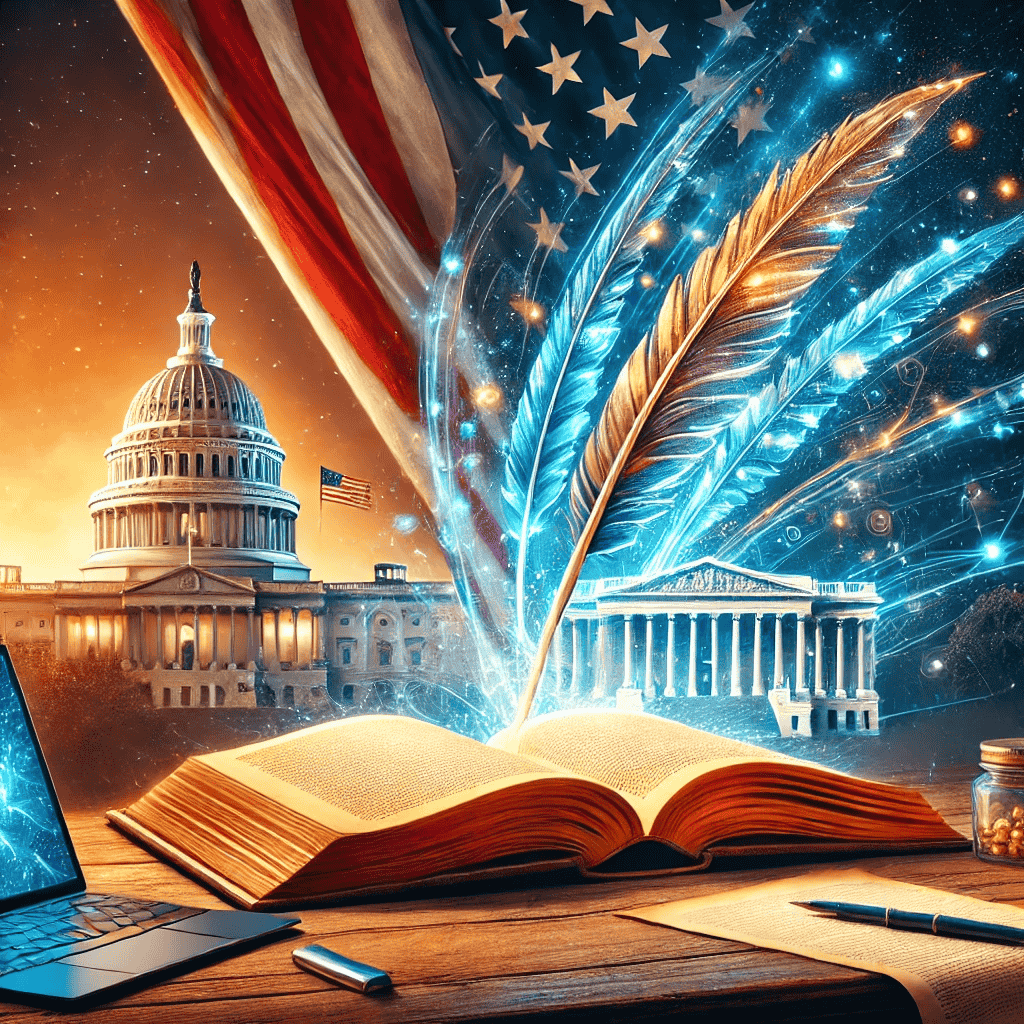
The Integrity of Public Speech:
Guardrails for Truth in a Free Society
In the course of human history, the freedom to speak one’s mind has stood as a cornerstone of progress. The First Amendment to the United States Constitution enshrines this principle, protecting the exchange of ideas from the encroachments of tyranny. Yet, as with all freedoms, this right carries with it a profound responsibility. To wield the power of speech without accountability is to risk the very fabric of trust upon which freedom is built.
As Americans, we accept that some forms of speech are not protected under the First Amendment. Libel, fraud, and perjury, among others, are universally recognized as abuses of speech that harm society. These exceptions are not censorship; they are safeguards. They ensure that freedom of expression does not become a weapon of misinformation, capable of destroying lives, businesses, and communities.
In this spirit, we must consider the role of public speech in today’s society—particularly speech delivered by public figures and mainstream media outlets. These platforms are not the voices of individuals shouting in the town square; they are megaphones that reach millions, shaping public opinion and influencing democratic decision-making. The question is not whether they should be free to speak, but whether they should be free to knowingly mislead.
The Parallel of Product Claims
Consider the evolution of product advertising. There was a time when companies could claim anything on a label without evidence or accountability. Snake oil salesmen promised cures for ailments they could not treat, and consumers were left to suffer the consequences. To protect the public, regulations were established. The Federal Trade Commission Act of 1914 prohibited false advertising, and the Wheeler-Lea Act of 1938 strengthened these protections by outlawing deceptive practices. Similarly, the Federal Food, Drug, and Cosmetic Act of 1938 ensured that food labels disclosed material facts, empowering consumers to make informed choices.
These laws did not infringe on freedom of speech; they preserved trust in the marketplace. By demanding transparency and truthfulness in advertising, they created a foundation upon which commerce could thrive.
The Role of Public Figures and Media
Public speech operates much like product advertising. When a politician speaks, they are selling a vision, a policy, or an agenda. When a media outlet broadcasts the news, it is presenting information that shapes public understanding. In both cases, the stakes are far higher than in the marketplace of goods. A false claim on television or from the lips of a public servant can lead to real-world consequences—fear, division, or even violence.
Yet, unlike product advertisements, public speech often remains unchecked. A politician can promise the moon, or a cable news anchor can present outright fabrications, with little more than a slap on the wrist. The public is left to discern truth from lies in a landscape where mainstream platforms often operate without accountability.
This is not freedom; it is chaos. When public trust erodes, so too does the foundation of our democracy. Free speech was never intended to be a shield for deception, but rather a tool for enlightenment and progress.
Drawing the Line
Critics may argue that regulating public speech encroaches on the First Amendment. This argument misunderstands the purpose of accountability. Just as the FDA does not regulate every conversation about health but focuses on the claims made in public forums, so too can we establish reasonable guardrails for public figures and media outlets.
The individual citizen is free to express themselves without fear of regulation, whether at home, online, or in casual conversation. However, those who seek public office, influence millions, or speak from platforms of authority bear a greater responsibility. The truthfulness of their words must be held to a higher standard, for their words have the power to shape the destiny of a nation.
Social Media: A Challenge for Another Day
It would be remiss not to address the elephant in the room: social media. This digital Wild West amplifies both truths and falsehoods to unprecedented scales. Regulating this space is fraught with complexity, and any attempts to do so must be approached cautiously, lest we risk infringing on the very freedoms we aim to protect.
For now, the focus must remain on mainstream platforms and public figures, where the lines of responsibility are clearer and the stakes are higher. By ensuring that cable news, public officials, and other major influencers operate within the bounds of truth, we can provide a baseline of factual information against which social media claims can be measured.
A Call to Action
This is not a call for censorship but for integrity. Public speech is a public trust, and those who wield it have a duty to honor that trust. By establishing reasonable standards of accountability for public figures and mainstream platforms, we can protect the public from deception without compromising the freedoms that define us.
Let us remember that freedom is not the absence of restraint but the presence of responsibility. As Americans, we have the right to speak freely, but we also have the right to expect truth from those who speak to us.
Share! Pass it along! That’s how this works! Let it begin!


